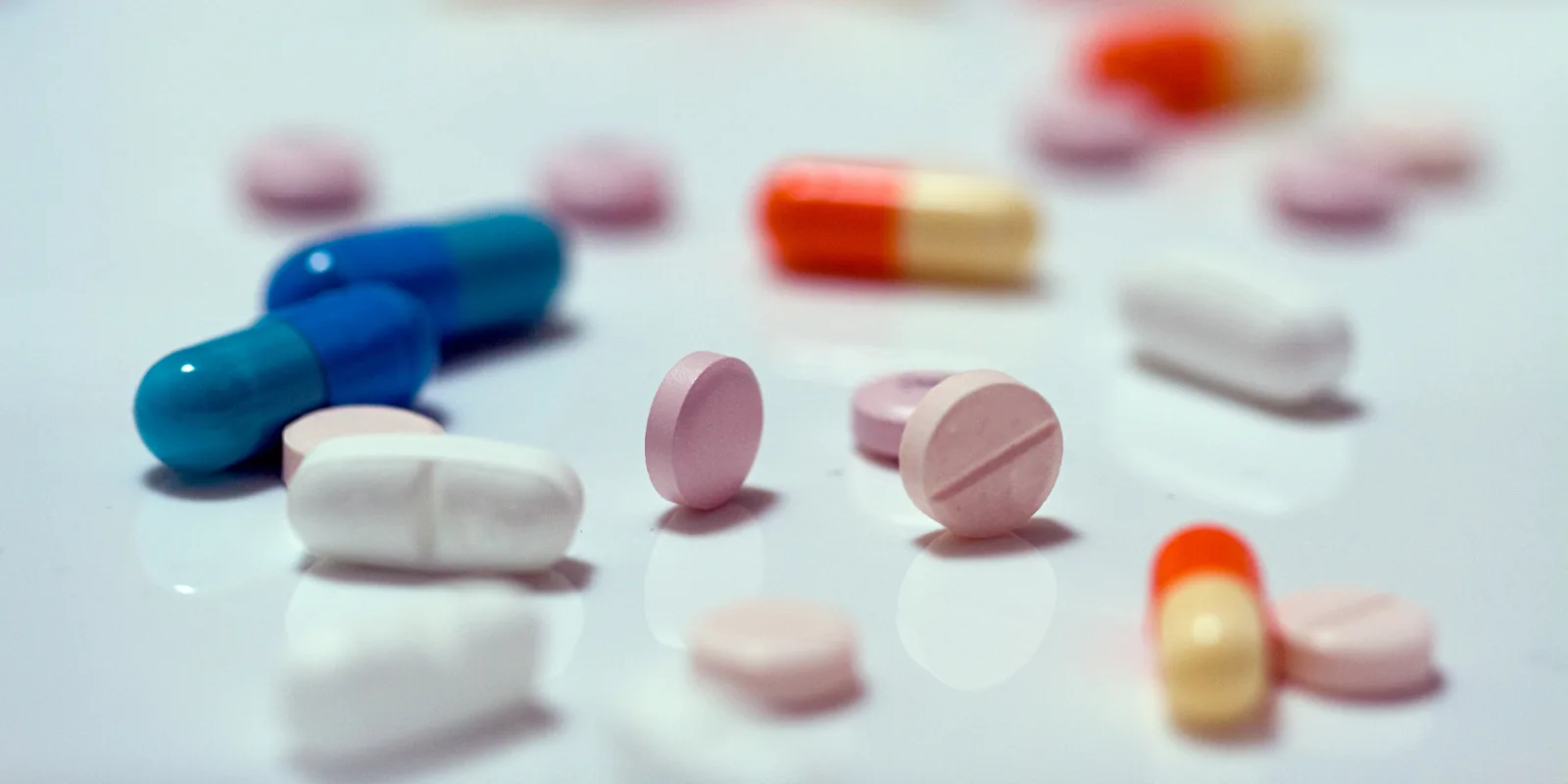Glucocorticoids (GC) are strong anti-inflammatory medications which have wide ranging therapeutic effects. They have been a cornerstone in the treatment of anti-neutrophil cytoplasmic autoantibody (ANCA) associated vasculitis (AAV) for several decades. Even with the availability of various treatment options including cyclophosphamide, rituximab, methotrexate, and azathioprine, there continued to be the need of GC in the management of these patients. There is still an unmet need in the treatment of AAV. One of the emerging treatment targets is the C5a in the complement pathway. The C5a is a potent neutrophil chemoattractant which has a central role in the pathogenesis of AAV. This year at ACR, we heard presentations from Dr. Peter Merkle (Abstract # 0432) on the role of complement C5 inhibitors avacopan in ANCA-Associated Vasculitis (AAV) in the ADVOCATE trial.
The ADVOCATE trial is a double blinded placebo-controlled trial of patients with granulomatosis with polyangiitis (GPA) or microscopic polyangiitis (MPA), which were ANCA positive. They had new onset or relapsing disease with moderate to high disease activity. All patients were initially treated with standard therapy which included induction phase with Rituximab or cyclophosphamide followed by maintenance phase with Azathioprine. Patients with end stage kidney disease (GFR <15 ml/min/1.73 m2) or who have alveolar hemorrhage requiring invasive pulmonary ventilation support were excluded. The patients were randomized to two groups: the prednisone group and the avacopan group. The prednisone group received the standard of care therapies including prednisone, starting at 60 mg a day which was gradually tapered by week 20. The avacopan group received 30 mg twice a day avacopan in combination with the standard therapy. This group of patients did not receive the prednisone after enrollment. They just received placebo prednisone. The total trial period was 52 weeks. There were two primary end point: sustained remission at 26 weeks and sustained remission at 52 weeks. The study enrolled 331 patients, with 70% patient with new onset AAV and the rest had relapsing disease. The ANCA positivity were: PR3 43% and 57% were MPO positive. 64% of the patients received rituximab as the standard therapy, rest of whom received cyclophosphamide. The retention rate was high, 93% and 91% for 26 weeks and 52 weeks respectively.
The study found there was no difference in the primary end point at week 26 with 70% of patient in remission in the prednisone group and 72% of patient in the avocapan group. At 52 weeks, 55% of the patients in the prednisone group achieved sustained remission compared to 66% of the patients in the avocapan group. This was statistically better than the prednisone group. The study met the superiority and non-inferiority end point for end point at 52 weeks. The overall risk of relapse was 54% less in the avocapon group compared to the prednisone group (odds ratio: 0.46, 95% CI (0.28, 0.83). The study also measured the overall cumulative prednisone dose and the toxicity related to GC. The avocapain group received significantly less GC and had significantly less toxicity related to GC. Other interesting finding in the study was the improvement in the renal function. Patients in the avocapan group had better improvement of the kidney function than the prednisone group, suggesting that avocapan could have an important role in improving renal function than prednisone. The patient-reported outcome as measured by SF-36 was overall better in the avocapan group compared the prednisone group. The overall adverse events were similar in both the groups; 25% and 23% of patients having serious adverse events in the prednisone and avocapan group respectively. There were four deaths in the prednisone group compared to two in the avocapan group. In the sub-group analysis, patients with relapsing disease did better on avocapan than the prednisone (sustained remission of 76% vs 48% at week 52). Patients who received Rituximab as the standard of care did better than those who were on cyclophosphamide (sustained remission at week 52 : 71% vs. 56% respectively).
This is a very intriguing study demonstrating excellent clinical efficacy of avocapan in the treatment of AAV. The primary outcome at 52 weeks was even better with avocapan compared to prednisone group. The drug was also found to be equally safe, with less steroid related adverse events. Patients in the avocapan group had better overall patient reported quality of life measures. Another very interesting finding was the better renal response in the avocapan group. Renal outcome is a key aspect in the treatment of AAV and long-term outcome. The demonstration of better renal response in the avacopan group is promising and will need further investigation. This study provides a glimpse of hope to imagine a treatment regimen without glucocorticoids in the treatment of AAV.





